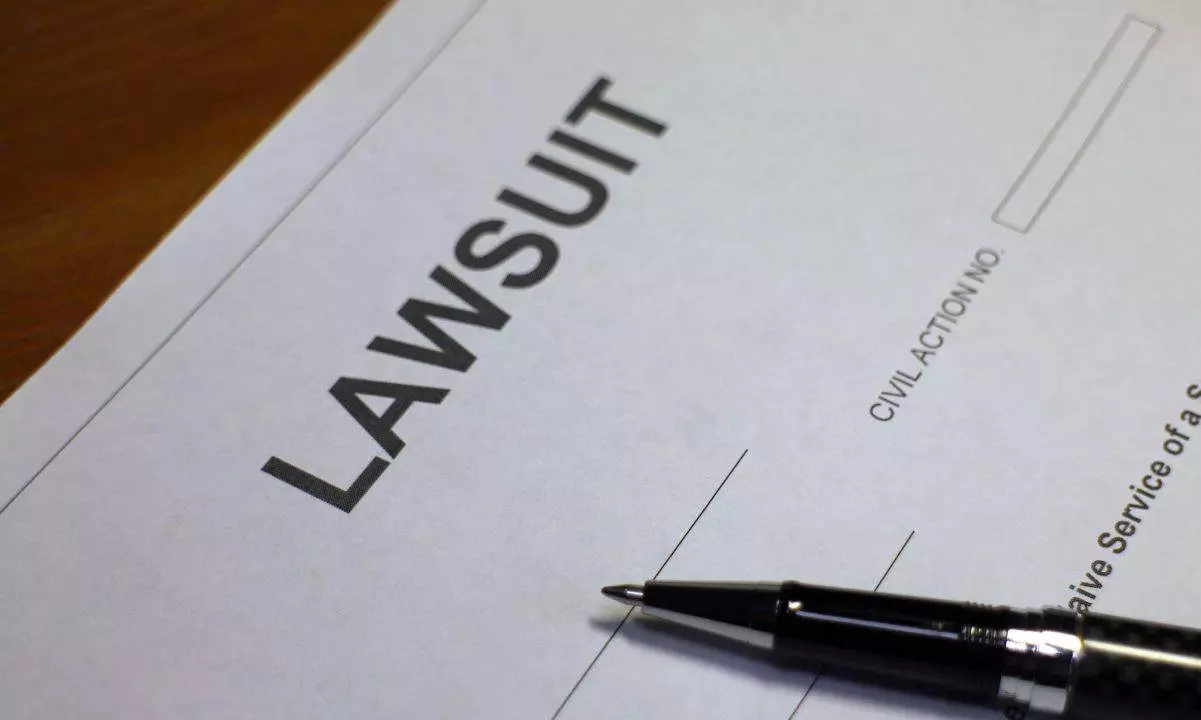The cryptocurrency landscape continues to be plagued by controversies and fraudulent schemes, prompting legal action from established law firms. Recently, Burwick Law and Wolf Popper LLP have thrown down the gauntlet against the Solana-based meme coin platform, PumpFun, for its alleged misuse of intellectual property. This article delves into the complications arising from this conflict, its implications for investors, and the broader consequences for the regulatory landscape of cryptocurrencies.
In an aggressive move, Burwick Law and Wolf Popper LLP issued a cease-and-desist letter to PumpFun, mandating the immediate cessation of activities surrounding its problematic Dogshit2 token. This action has been described as necessary to eliminate unauthorized use of the firms’ names and assets, which they contend is being exploited to mislead the public. Such allegations highlight the deceptive dynamics in the cryptocurrency world, where anonymity and digital pseudonyms often conceal true intentions.
The complaint specifies that PumpFun has wrongfully connected its tokens with the reputable brands and employees of Burwick and Wolf Popper, raising critical questions about accountability and transparency in the burgeoning crypto scene. The law firms have unequivocally asserted their non-involvement in any meme coin projects, urging that investors remain vigilant against potential scams masquerading as legitimate opportunities.
As cryptocurrencies gain traction and popularity, they simultaneously become a breeding ground for unsuitable and perilous investments. The partnership between the two law firms shines a spotlight on the urgency of providing better frameworks for investor protection. Burwick Law has pointed out that while they possess the technical means to dismantle fraudulent tokens, PumpFun has allegedly neglected to act, causing potential harm to investors. This raises a critical ethical question about the responsibilities of blockchain platforms in protecting their users.
Burwick and Wolf Popper’s strong warning regarding the Dogshit2 token as part of a larger “pump-and-dump” scheme further complicates the trust dynamics in this domain. In pump-and-dump schemes, assets are artificially inflated before a coordinated sell-off occurs, leaving individual investors high and dry. This high-risk strategy can tarnish the credibility of the entire cryptocurrency sector and deter future investment.
With the rise of meme coins and their associated risks, the legal repercussions are starting to materialize. The lawsuit filed by Burwick Law and Wolf Popper represents a pivotal moment in the scrutiny surrounding the cryptocurrency market. By claiming that PumpFun sold unregistered securities and earned significant ill-gotten gains, the firms are not only seeking financial redress for their clients but also pushing for a clearer definition of regulation within the space.
The class-action suit underscores the critical requirement for detailed regulatory frameworks guiding the operations of cryptocurrency platforms. As advocate Max Burwick has argued, many of these ventures mirror traditional multi-level marketing scams that prey on investor desperation. The suggestion that crypto platforms exploit vulnerabilities within the digital-driven attention economy emphasizes the need for greater ethical consideration in promoting these financial products.
The legal challenge posed by Burwick Law and Wolf Popper LLP against PumpFun shines a spotlight on an urgent need for improvement in the regulations surrounding meme coins and cryptocurrencies in general. Investor education, improved oversight, and ethical promotion of digital assets are more crucial than ever as the sector continues to evolve.
As investors navigate this tumultuous landscape, awareness and caution become paramount. The actions taken by these law firms underscore a significant movement toward accountability in the decentralized world of cryptocurrencies. Ultimately, as the industry grapples with ongoing issues of fraud and liability, the resolutions emerging from such lawsuits may pave the way for a safer, more responsible cryptocurrency environment.


Leave a Reply